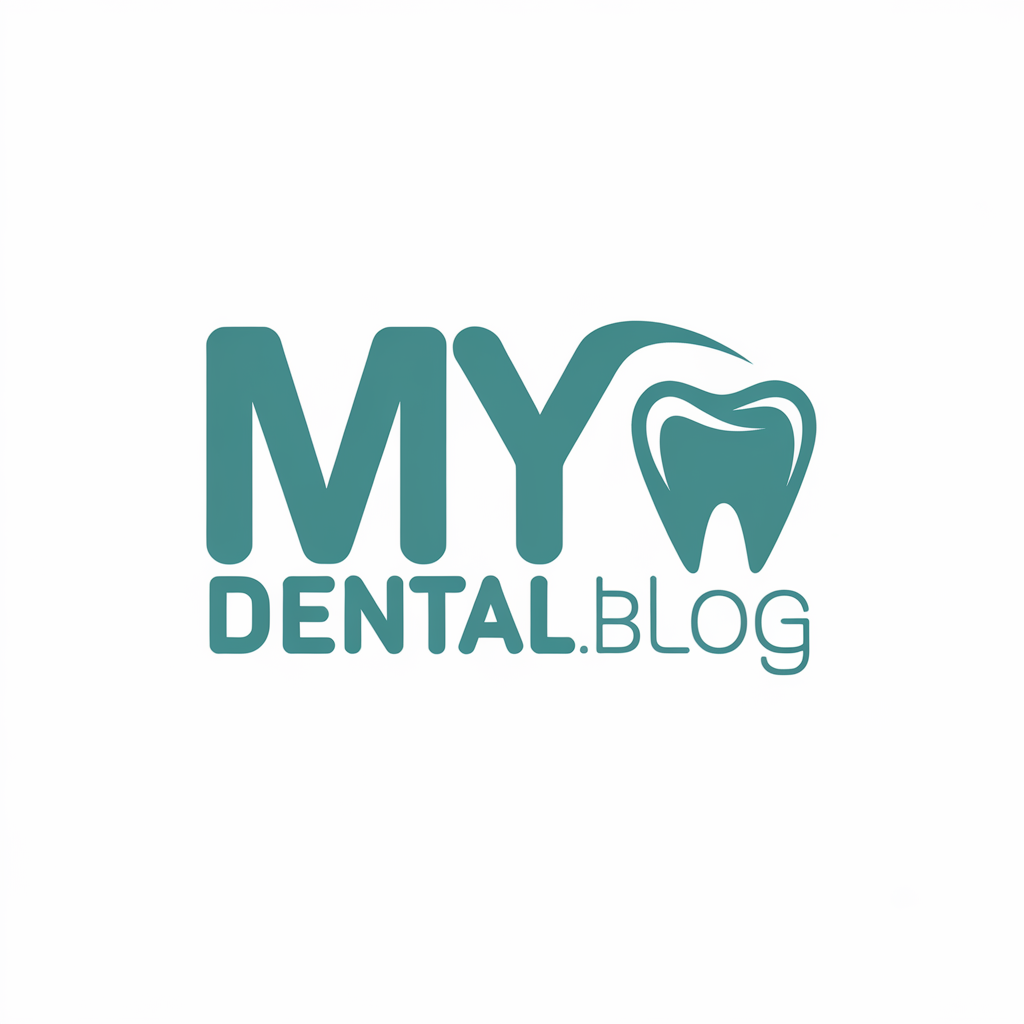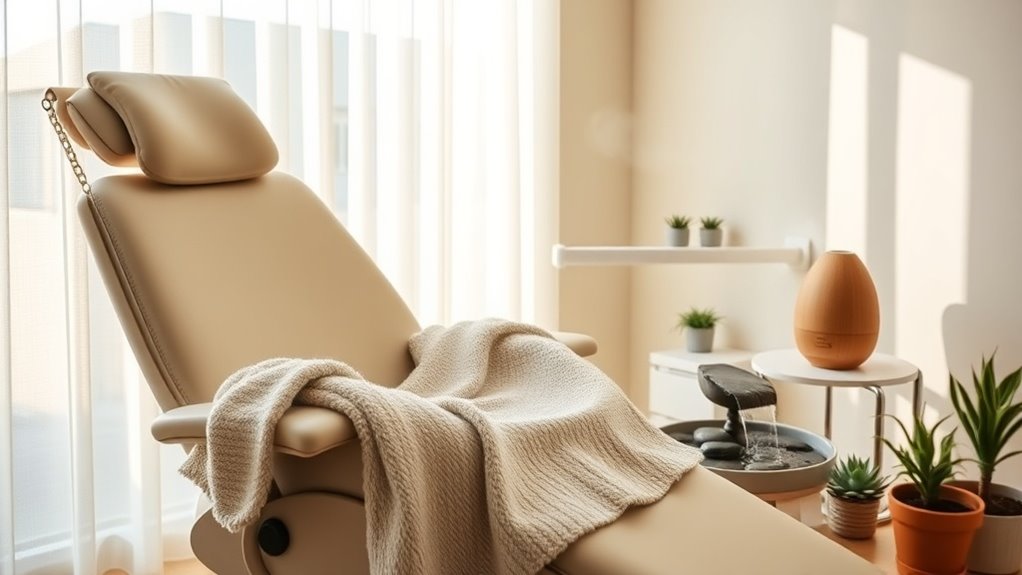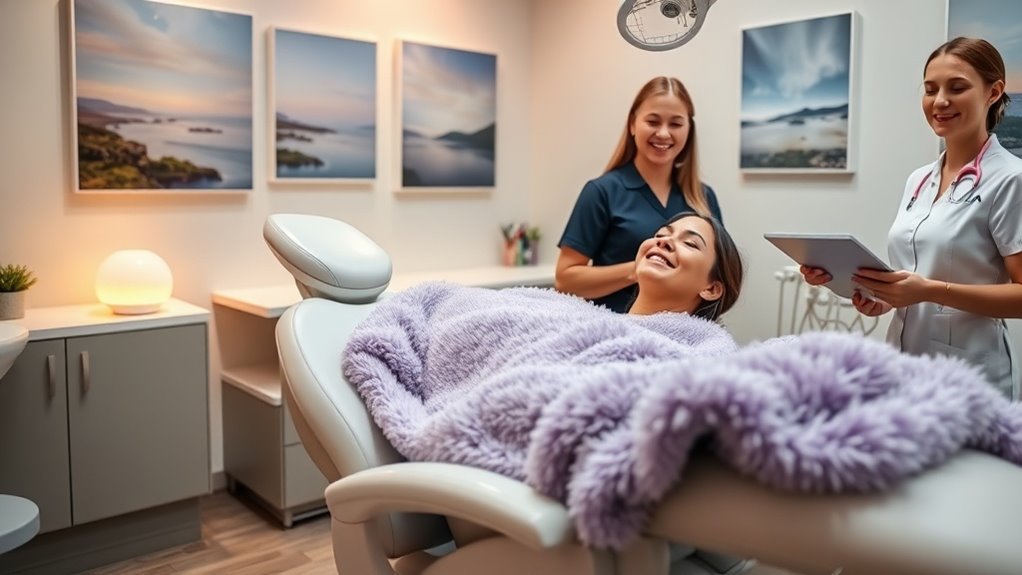Simple Breathing Exercises Before a Dental Appointment
Is it true that simple breathing exercises can help ease dental anxiety? Many people find themselves tense before a dental appointment, which can heighten discomfort and fear. By incorporating specific breathing techniques, you may discover a way to calm your mind and body. Understanding how these methods work could be the key to transforming your dental experience into something more manageable. Let’s explore how these exercises can benefit you before your next visit.
Understanding Dental Anxiety
Dental anxiety is a common experience, especially when you know you have an appointment looming. Understanding your feelings is the first step to managing them.
You can try dental anxiety hacks like visualizing a peaceful scene, bringing a comforting item, or practicing mindfulness techniques. These strategies can help you feel more in control and reduce the fear associated with dental visits. Additionally, finding a compassionate dentist who listens to your concerns can significantly improve your dental experiences.
Benefits of Breathing Exercises
While it may seem simple, incorporating breathing exercises into your routine can greatly alleviate anxiety before a dental appointment. These exercises help calm your mind and body, allowing for a more positive experience.
| Benefits | Impact |
|---|---|
| Reduced anxiety | Enhanced relaxation |
| Improved focus | Better decision-making |
| Lower heart rate | Decreased physical tension |
| Increased self-awareness | Greater control over emotions |
Deep Breathing Technique
Deep breathing offers numerous benefits, especially before a dental appointment, as it helps calm your nerves and lowers anxiety.
To practice effectively, you’ll want to focus on your breath by inhaling deeply through your nose and exhaling slowly through your mouth. Timing is vital; engaging in this technique just before your appointment can maximize its calming effects. Combining this with visualization techniques can further enhance your relaxation and alleviate dental anxiety.
Benefits of Deep Breathing
When you practice deep breathing, you can considerably reduce anxiety and stress, making your dental appointment feel less intimidating.
This technique increases oxygen flow, promoting relaxation and clarity.
Additionally, deep breathing helps regulate your heart rate, creating a sense of calm.
You’ll find that a few moments of focused breathing can empower you, allowing you to approach your visit with greater confidence and ease.
How to Practice
To effectively practice the deep breathing technique, start by finding a quiet space where you can comfortably sit or lie down.
Close your eyes and take a slow, deep breath in through your nose, filling your lungs.
Hold for a moment, then exhale gently through your mouth.
Repeat this for several cycles, focusing on the rhythm of your breath to promote relaxation and calmness.
Timing for Effectiveness
Timing your deep breathing exercises can markedly enhance their effectiveness in managing anxiety before a dental appointment.
Begin your practice at least 10 minutes before your visit. Inhale deeply through your nose for four counts, hold for four, then exhale through your mouth for six.
This routine helps calm your nervous system, making you feel more relaxed and in control during the appointment.
Box Breathing Method
The Box Breathing Method is a powerful technique that can help manage anxiety before your dental appointment.
To practice, inhale deeply through your nose for four counts, hold for four counts, exhale slowly through your mouth for four counts, and pause for another four counts.
Repeat this cycle for several minutes, allowing it to calm your mind and steady your heartbeat. This method can enhance your relaxation response, making use of techniques like deep breathing exercises to further reduce anxiety.
Focused Breathing Exercise
Focused breathing exercises can greatly reduce anxiety levels before a dental appointment. By concentrating on your breath, you shift focus away from stressors.
Inhale slowly through your nose, allowing your abdomen to rise, then exhale gently through your mouth.
Repeat this process for several minutes. This technique calms the mind and prepares you for a more positive dental experience, fostering relaxation and control. Additionally, consistent practice of mindfulness techniques can help lower overall anxiety levels related to dental visits.
Tips for Practicing Breathing Exercises
Practicing breathing exercises can be more effective with a few practical tips.
Start by finding a quiet space where you feel comfortable. Use a timer to maintain a consistent duration, typically five to ten minutes.
Focus on inhaling deeply through your nose and exhaling slowly through your mouth.
Finally, practice regularly to build familiarity, helping reduce anxiety during your dental appointment.





